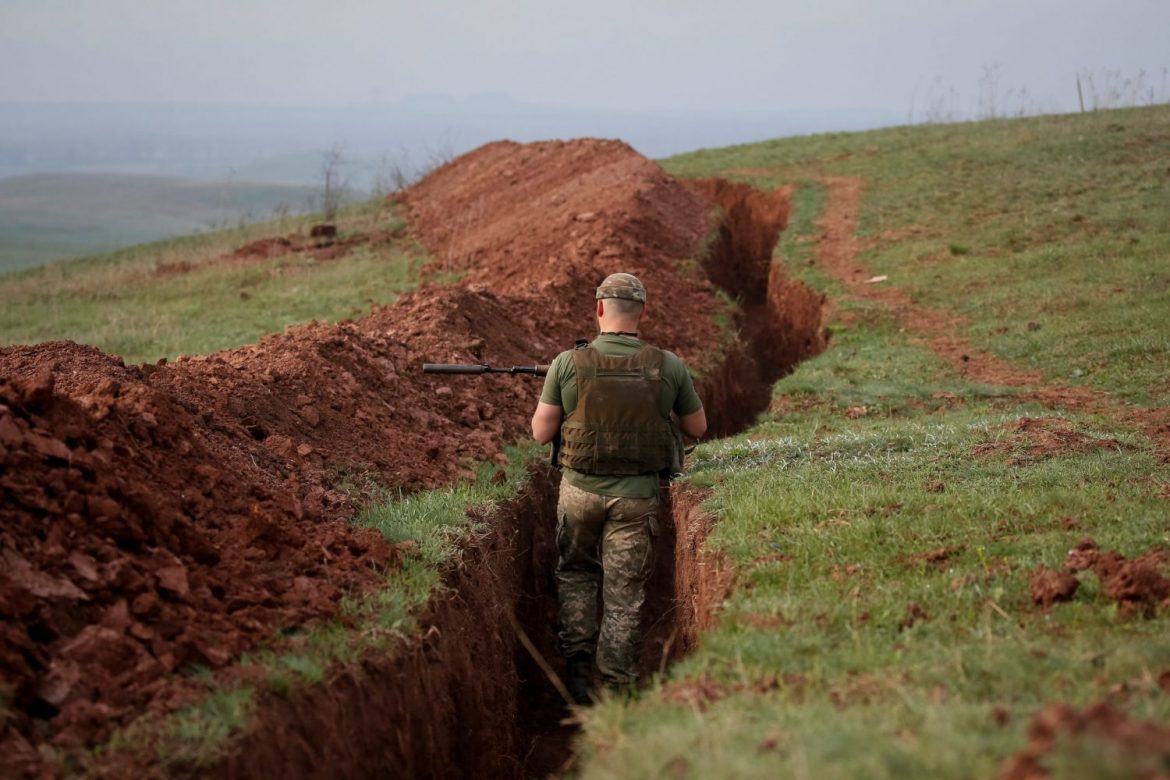Image source: atlanticcouncil.org
The bear is a very deceptive animal. Appearing slow and inoffensive in reality the bear is one of nature’s most vicious predators. Above all its other characteristics, bears can be very dangerous to humans.
Since the early 2000s, the United Russia Party (URP) has been THE party in Russian politics. Having a bear as its symbol it has embodied a number of the typical characteristics bears have. Behind their global PR campaign Russia has, at times, showed how unpredictable and dangerous it can be. After the conflict in Georgia the international community had hoped the bear went to hibernate, but as the events of the past few weeks have shown, that is quite far from the truth.
Having built a global empire around its vast energy resources, Russia felt confident when the conflict in Ukraine started. Just two months ago, altering the borders of a European country seemed like science fiction but when Crimea was annexed by the Russian Federation, the entire conflict entered into the realm of ‘everything is possible’.
At the Brussels European Forum simulation exercise of this year we have created a counterfactual situation based on the unfolding events in Ukraine. A counterfactual is an unexpected event of an international scale with the magnitude to interrupt negotiations in all three committees (NATO, G20, EU Council). To our amazement or disappointment our predictions as well as, the reactions to the counterfactual were very close to reality.
The basic plot:
The counterfactual started off in Kharkov where clashed between pro-Russian and pro-Ukrainian protesters resulted in the death of several pro-Russian protesters. Seeing how unstable the situation was, the pro-Russian mayor of Kharkov requested Russian peace-keepers from the Kremlin. President Putin, after obtaining consent from the Duma, has agreed to send a small force to Kharkov.
As the Russian troops crossed the border of Ukraine, they were fired upon by Ukrainian soldiers, an exchange that resulted in the death of 30 to 40 Russian soldiers. The immediate consequence was that a much larger convoy of Russian troops entered Ukraine with the purpose of protecting the Russian minority in eastern Ukraine.
In response the interim President of Ukraine has publicly stated several times that Ukraine will not stand to be invaded and will use force against the aggressors. As an ultimatum Mr. Turchynov ordered road blocks to be set up 150 km from the border with Russia and warned Russia that if its troops reach the road block they would be fired upon. The estimate time for the Russian troops to reach the blockade was 3 hours.
This left participants with 3 hours to avoid the first war in Europe since the Balkans. Negotiations have intensified, the representatives of the countries have all tried, initially on their own and later forming coalitions, to find a solution to the matter.
The representatives of Germany, France and the United Kingdom have all taken upon themselves to find a compromise that would resolve the situation. Running into difficulties, which is understandable when you are talking about the coalition with these three, an unexpected help has arrived from the Chinese delegate. It seems China was trying to launch their own PR campaign, let’s hope that if they are as successful as Russia was, they will not try to annex India.
The European Council responded with sanctions against the Russian Federation, fact that is also happening as we speak. NATO on the other hand has discussed the matter in such detail that it failed to come up with a concrete solution to the problem. Something that judging of past experiences (e.g. Libya) is also quite accurate. The counterfactual that was planned to last a few hours lasted the entire day, negotiations ending with a seize fire in the late evening.
Overall the participants have caught a glimpse of how timely, problematic it is to form an international consensus, how limited the options of the international community actually are and how difficult it is to negotiate and find a resolve of an international conflict when the pressure is on the rise. Judging by the involvement of the participants, the feedback they gave we can call this particular counterfactual a success.
The counterfactual, by its nature is based on a strong analysis of current events, aiming at predicting future behavior of the players involved. During this counterfactual the MEF team has managed to come very close to reality in terms of how events have unfolded after the simulation exercise has ended. We have predicted clashes between pro-Russian and pro-Ukrainian forces. We have predicted that Russia would get involved and send troops to Ukraine (even though in real life they were without any insignia, just as they were in Crimea). Also, something which has not happened yet, we predicted that Russia will be seemingly forced to enter Ukraine in order to protect the Russian minority living in the eastern part of the country.
History has shown us the immense appetite of the Russian bear. For the sake of the people of Ukraine, Europe and the world let’s hope that this particular bear has amassed enough so that it can go back to sleep.
Please note that the views expressed are those of the author and do not necessarily represent or reflect the views of Munich European Forum e.V.
